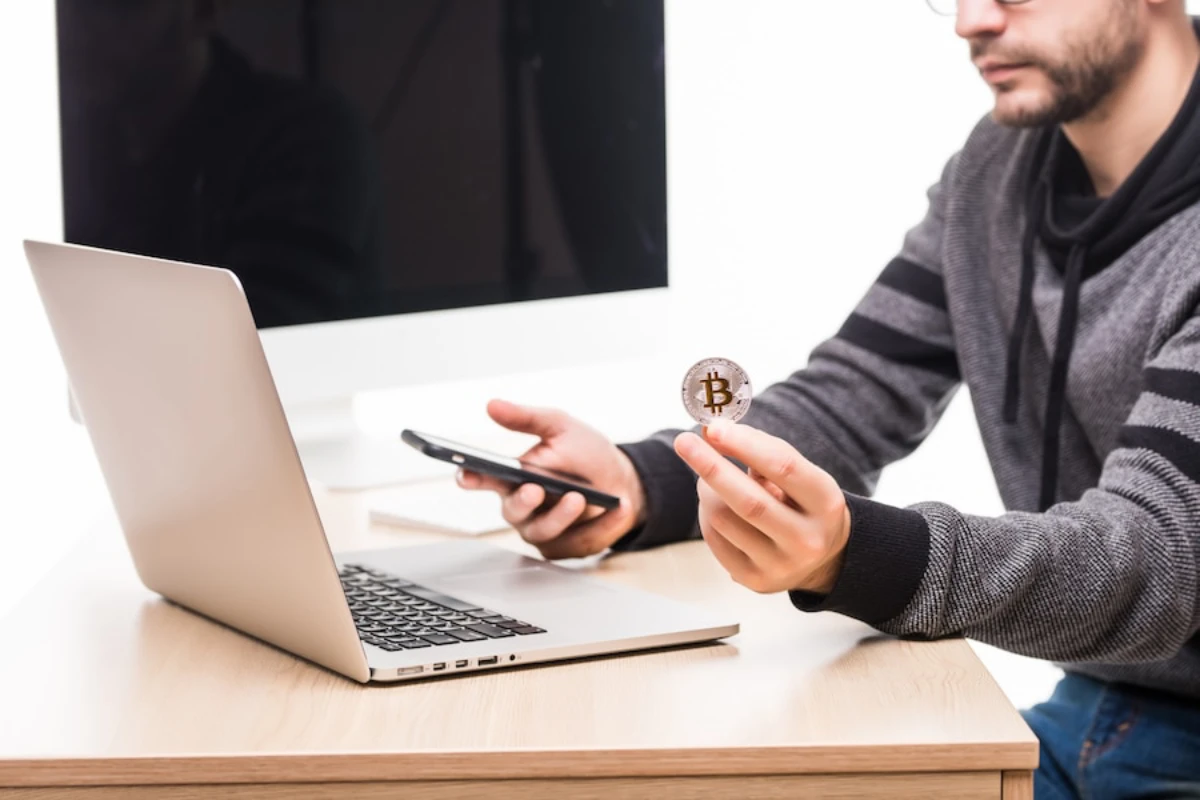Introduction
As a crypto investor, you must be aware of cryptocurrency scams. These fraudulent activities often target early investors. To protect yourself from being a scam victim, investing with a centralized exchange is essential. These exchanges have stricter regulations and oversight. Also, they can help you avoid scams from illegitimate projects. However, there are also a few characteristics of crypto markets that make them vulnerable to scams.
Woken Ponzi scheme
A Chinese court has upheld the sentences of four of the masterminds of the Wotoken Ponzi scheme, which scammed around 700,000 people out of more than $1 billion in cryptocurrency. The criminal trial revealed that the system had a massive scale – over seven hundred thousand people invested in the scheme, with a total value of nearly seven billion yuan.
The scammers claimed to have a platform that could yield dynamic and static interests and arbitrage opportunities on global cryptocurrency exchanges. They also promised investors interest returns from taking more money from others. But a reporter said this was all part of a larger Ponzi scheme.
Lack of middleman
Cryptocurrency scams often involve impersonating a reputable institution. These scammers may ask for cryptocurrency or wire transfers to complete a transaction. They might also ask you to pay with cryptocurrency to receive a gift card or other item. You can never be sure that the money you send is safe.
The Federal Trade Commission (FTC) is monitoring cryptocurrency scams closely. It estimates that Americans will lose more than $1.18 billion to crypto fraud in the next five years. According to a report by the FTC, it has received more than 23,000 complaints alleging cryptocurrency scams. That number includes complaints filed by legitimate companies. Because investing in cryptocurrency is risky, the FTC has a responsibility to protect investors from falling victim to fraudulent activities.
One of the most significant risks for cryptocurrency investors is the lack of regulatory oversight. Unlike banks, there is no centralized authority to oversee cryptocurrency and no SEC-registered exchanges. In addition, cryptocurrency is maintained by programmers, so human error is a potential risk for investors. Therefore, keeping a low-risk profile and investing only what you can afford to lose is essential.
Unsubstantiated claims in ICOs
You should be skeptical when you come across unsubstantiated claims in an ICO. These claims can be fraudulent and misleading. It’s crucial to research ICO founders carefully before you invest. Several ways exist, including visiting forums such as Reddit and searching for specific ICOs. You can also seek advice from an experienced investment professional. You should also look into the company’s financial situation and organizational structure.
In an ICO, investors invest in a digital currency that they believe will be useful for their business. However, there’s no guarantee that these investments will pay off. Many of these ICOs fail to repay investors or leave them with useless tokens. These are known as pump-and-dump scams.
Lack of KYC information
Lack of KYC information is one of the leading causes of cryptocurrency scams. While this process was initially implemented to prevent the financing of terrorism, regulations have expanded in recent years. For example, the United States Financial Crimes Enforcement Network (FinCEN) has set standards for financial institutions and customers to prevent money laundering. This process is known as anti-money laundering or AML. Even though the cryptocurrency market is being lauded for its decentralization and anonymity, its lack of KYC information makes it an ideal place for criminals to move their cash. Because of this, governing bodies are trying to implement KYC standards in cryptocurrency markets.
There have been numerous cases of cryptocurrency fraud in the past few years. In one such case, the co-founder of a US-based crypto exchange has pleaded guilty to stealing over $15 million from investors. In another case, the Office of the Comptroller of the Currency has issued its first enforcement action involving cryptocurrencies. The enforcement action against MYSB was filed after the bank failed to vet cryptocurrency customers for over two years, including failing to monitor transactions that took place in high-risk jurisdictions.
Conclusion
For cryptocurrency newcomers, it can be hard to discern between scams and legitimate investment opportunities. Many scammers pose as established businesses and create fake news articles, social media accounts, or slick websites to lure people into buying their crypto coins. These fraudulent entities also report their activities in established media.




